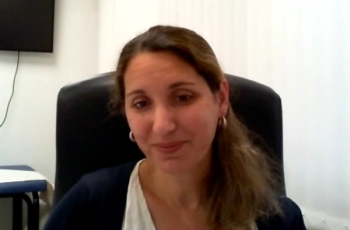
CancerNetwork® spoke with Ronnie Shapira-Frommer, MD, during the Society of Gynecological Oncology 2021 Virtual Annual Meeting on Women’s Cancer about patients with vulvar cancer who were treated with pembrolizumab monotherapy.

Your AI-Trained Oncology Knowledge Connection!


CancerNetwork® spoke with Ronnie Shapira-Frommer, MD, during the Society of Gynecological Oncology 2021 Virtual Annual Meeting on Women’s Cancer about patients with vulvar cancer who were treated with pembrolizumab monotherapy.

A presentation from the AACR Virtual Meeting: COVID-19 and Cancer detailed a literature review of natural therapeutics and remedies to combat the SARS CoV-2 virus.

Data that led to the approval of umbralisib in patients with indolent non-Hodgkin lymphoma— including follicular lymphoma and marginal zone lymphoma—indicates favorable activity of the therapy versus other available PI3K inhibitors.

In a dose-finding trial, TPX-0046 elicited responses in patients with non–small cell lung cancer and medullary thyroid cancer who were naïve to prior tyrosine kinase inhibitors and whose tumors harbored alterations in RET.
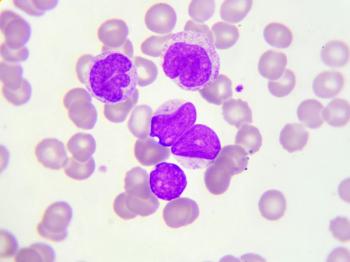
A study conducted across 20 medical centers and hospitals in China concluded that treatment timing, total intravenous anesthesia, and flow cytometry were associated with a reduced risk of central nervous system relapse for pediatric patients with acute lymphoblastic leukemia.

A higher mutational load detected by whole-genome sequencing in patients with multiple myeloma precursor conditions was likely predictive of subsequent disease progression.

Data from the Journal of Clinical Oncology found that entrectinib resulted in high-level clinical benefit for patients with ROS1 fusion–positive non–small cell lung cancer, regardless of CNS metastases status.

Take a look back at some of the important news and notes from last week in the world of oncology, featuring articles about breast cancer, prostate cancer, and more.
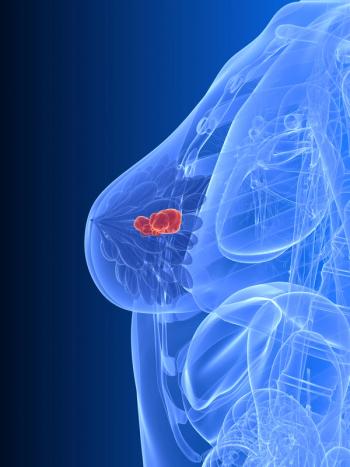
The next-generation cryoablation technology ProSense was granted breakthrough device designation to treat certain patients with T1 breast tumors.

With more than 5 years of follow-up, results from the SOLO2 trial of olaparib maintenance in relapsed, high-grade serous or endometrioid ovarian cancer, including primary peritoneal or fallopian tube cancer, were reported and showed superiority of the agent over placebo.

CancerNetwork® spoke with Ronnie Shapira-Frommer, MD, during the Society of Gynecological Oncology 2021 Virtual Annual Meeting on Women’s Cancer about patients with vulvar cancer who were responders to pembrolizumab monotherapy.

Data from a study in the Netherlands found substantial variation in biomarker testing among 102 patients with advanced non–small cell lung cancer.

In a retrospective review published in NPJ Breast Cancer, data indicate that omitting radiation therapy results in decreased overall survival in patients with stage I HER2-positive breast cancer.

CancerNetwork® spoke with Ronnie Shapira-Frommer, MD, during the Society of Gynecological Oncology 2021 Virtual Annual Meeting on Women’s Cancer about a cohort of patients with vulvar cancer treated with pembrolizumab monotherapy.

Data investigating the predictive capabilities of high tumor mutation burden found it to be predictive of response to immune checkpoint blockade in some, but not all, types of cancers.

Despite the success of immune checkpoint blockade in the treatment of recurrent or metastatic head and neck squamous cell carcinoma, the use of the PD-L1 inhibitor avelumab failed to prolong progression-free survival for patients with locally advanced disease.
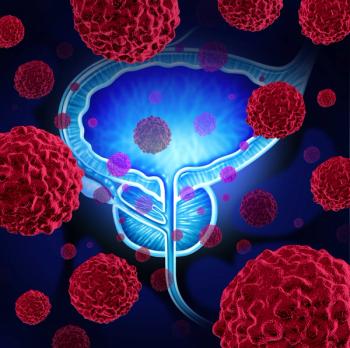
Investigators used a hypothetical cohort of men with prostate cancer to test the benefits associated with MRI imaging before biopsy in regard to age-based and risk-stratified screening.
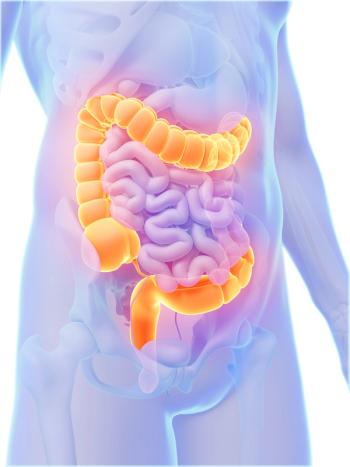
A new imaging technique that pairs acoustic resolution photoacoustic microscopy co-registered with ultrasound and an artificial intelligence neural network was proven feasible for use in detecting residual tumor tissue in patients with rectal cancer.

The American Cancer Society Cancer Action Network partnered with the National Comprehensive Cancer Network and the National Minority Quality Forum to produce recommendations addressing issues regarding health equity and disparities among minority patients with cancer.

A study from JAMA Oncology investigated the association between BRCA1/2 pathogenic variants and risk-reducing salpingo-oophorectomy for breast cancer, concluding that a benefit exists for women in the immediate 5 years post-surgery.
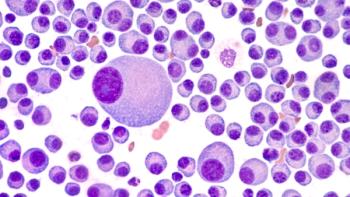
Research investigating the highly selective, reversible BTK inhibitor pirtobrutinib found the drug was safe and active for treating patients with chronic lymphocytic leukemia as well as other B-cell malignancies.
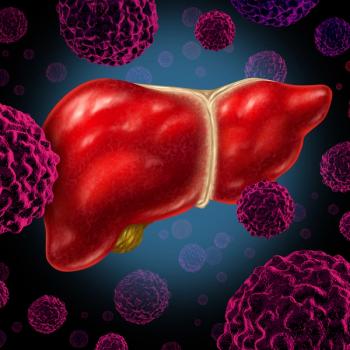
Phase 2 trial data support the FDA breakthrough therapy designation for futibatinib in cholangiocarcinoma tumors positive for FGFR2 gene fusions and rearrangements.

According to a single-institution study of patients with a known or suspected diagnosis of AML or MDS, whole-genome sequencing may provide better predictive ability of patients’ risk status than traditional methods.

CancerNetwork® spoke with Ronnie Shapira-Frommer, MD, during the Society of Gynecological Oncology 2021 Virtual Annual Meeting on Women’s Cancer about data focusing on a cohort of patients with vulvar cancer treated with pembrolizumab monotherapy.

The FDA approved the addition of isatuximab to the combination of carfilzomib and dexamethasone to treat adult patients with relapsed or refractory multiple myeloma who have received 1 to 3 prior lines of therapy.

An analysis from a phase 3 clinical trial shows the feasibility of CA-125 surveillance alone as a method for tracking disease progression in patients with advanced ovarian cancer receiving frontline maintenance with olaparib and bevacizumab.

Thomas J. Eichler, MD, FASTRO, presented data during a media briefing from surveys of radiation oncologists treating patients with cancer through the COVID-19 pandemic.

The presence of certain genetic alterations in circulating tumor cells in patients with metastatic castration-resistant prostate cancer were associated with response or resistance to AR inhibitors, according to a recent study.

Treatment with gilteritinib, compared with salvage chemotherapy, improved overall survival in patients with relapsed/refractory FLT3 mutation–positive acute myeloid leukemia, according to a planned interim analysis of a phase 3 trial.
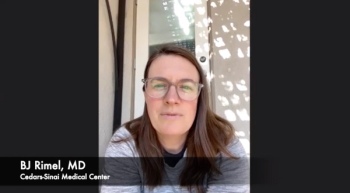
Rimel, of the Cedars-Sinai Medical Center, focused her attention on the main takeaways to come out from the 2021 Society of Gynecologic Oncology Annual Meeting on Women’s Cancer.